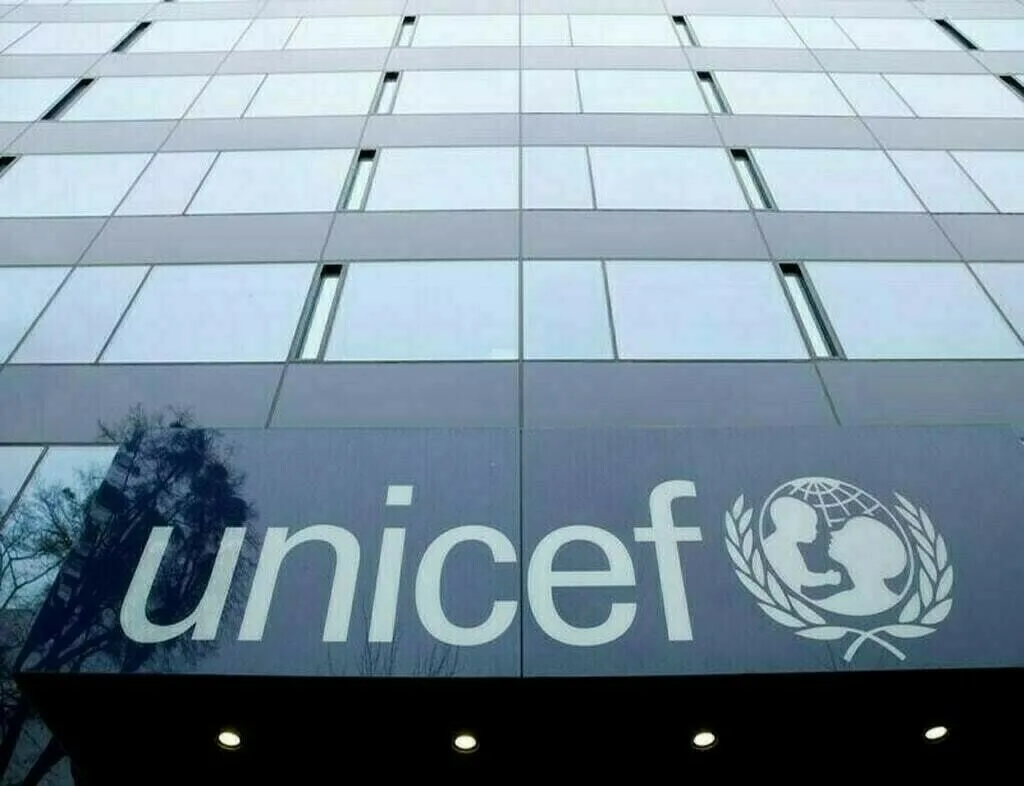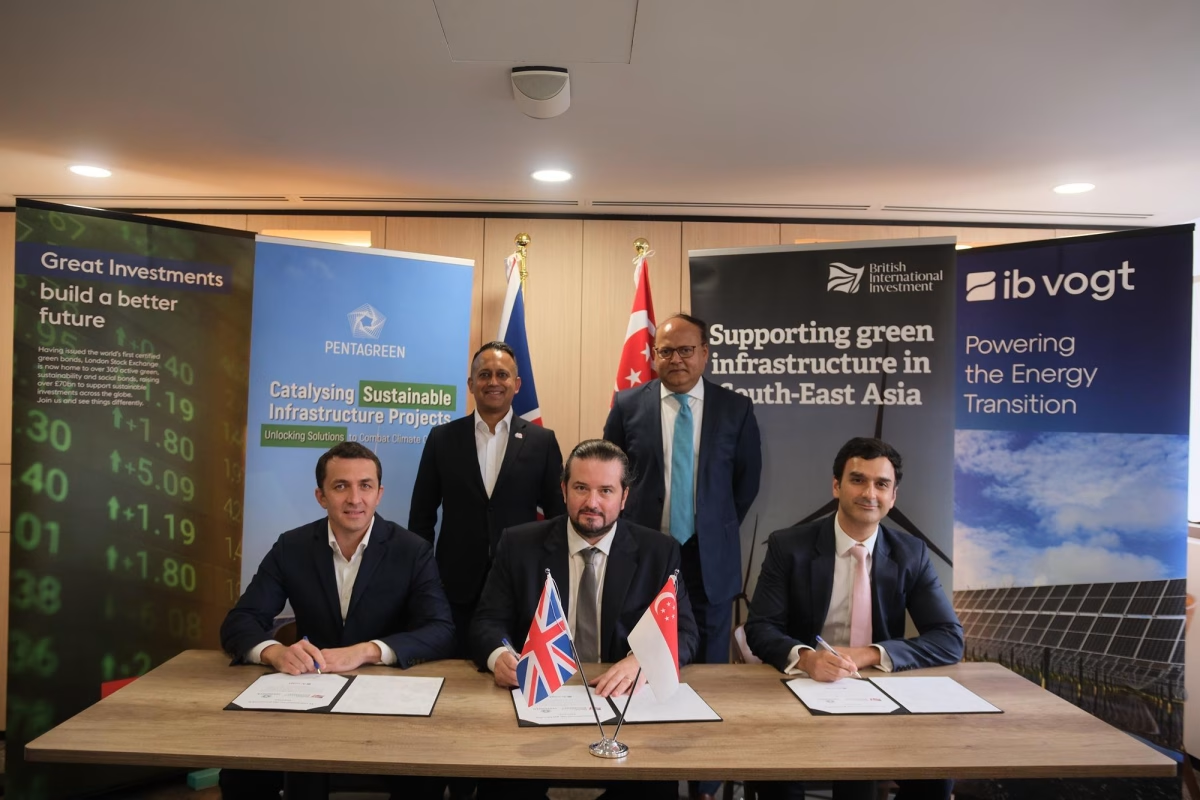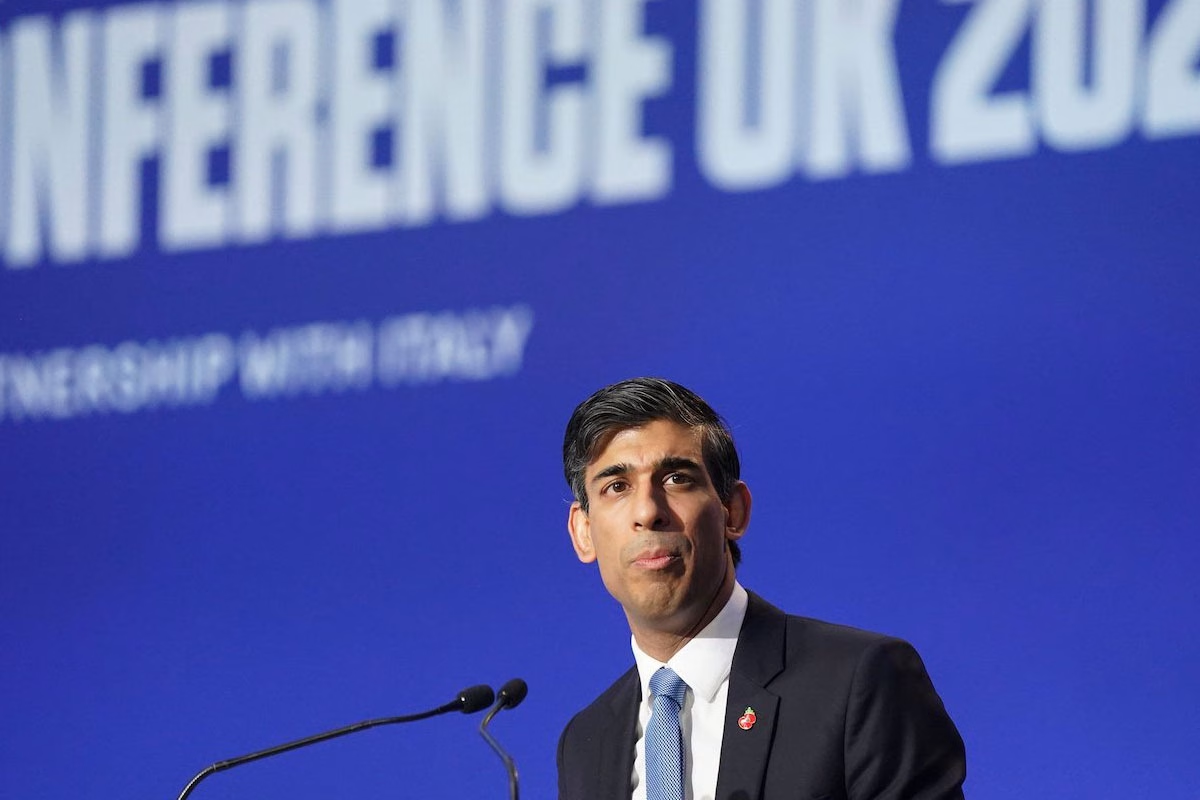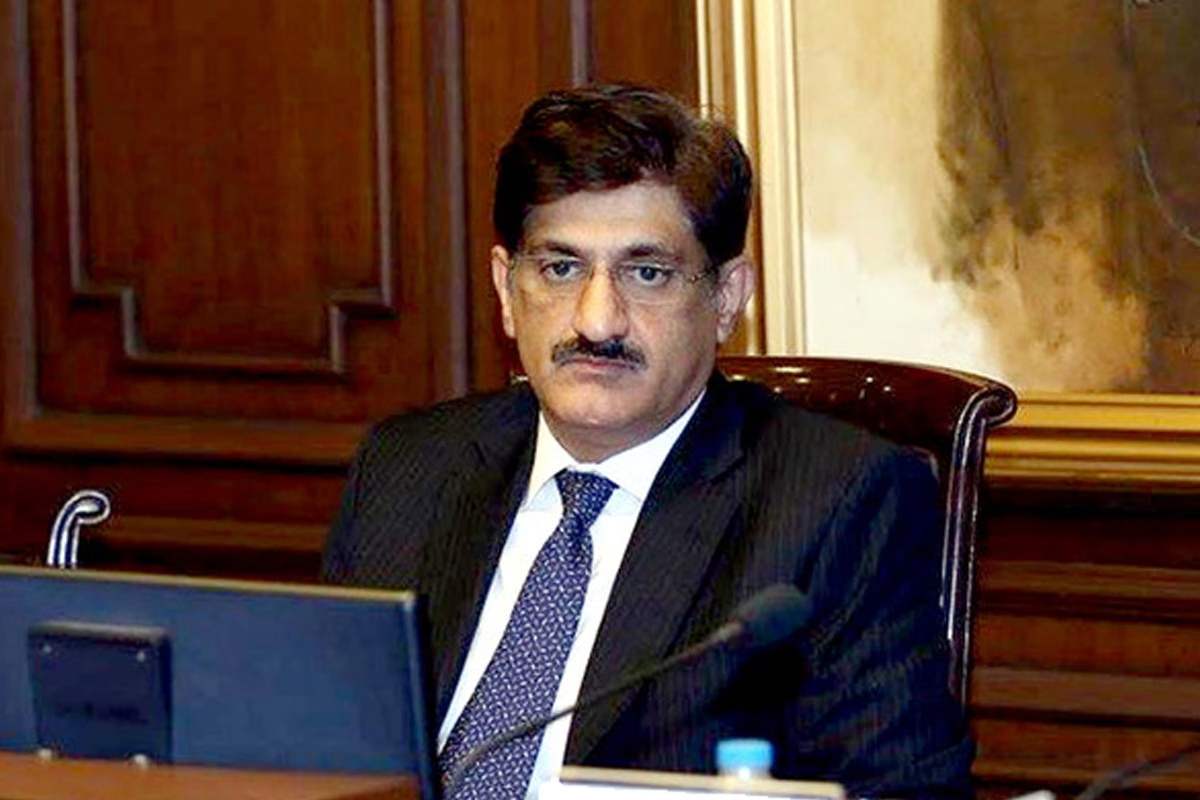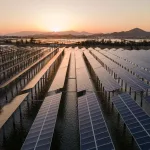
Azerbaijan Accelerates Clean Energy Transition with Three New Renewable Energy Projects
June 10, 2024
Pakistan wants to build solar plants on canals
June 11, 2024A new UNICEF study reveals that equipping more health facilities in Pakistan with resilient energy could prevent over 175,000 deaths by 2030 and add US$ 296 million to the economy by 2044. This is due to decreased maternal, adult, and infant mortality rates and a reduced disease burden thanks to enhanced energy resilience.
**Resilient energy** refers to a reliable, flexible, accessible, and high-quality power supply capable of withstanding and quickly recovering from unexpected shocks like power outages and floods. The study, conducted by the Economist Impact Unit for UNICEF, indicates that investing in resilient energy across health, education, and water services could yield substantial benefits for children and provide returns up to triple the investment.
For instance, providing resilient electricity to schools can reduce dropout rates and improve learning outcomes, enabling children to earn more in the future. This could boost Pakistan’s economy by US$ 2.3 billion by 2040. With Pakistan having recently declared an education emergency, investments in energy resilience could help reintegrate 26 million out-of-school children and power around 20 percent of off-grid schools in two provinces.
Additionally, relentless heatwaves have caused temperatures to soar over 50°C in some areas, straining the electricity supply. Load shedding and massive shortages make cooling difficult, endangering children’s health and increasing risks of dehydration, diarrhea, and other serious complications.
“Children rely on schools, health centers, and safe drinking water for survival, yet these facilities often lack a reliable electricity supply,” said Abdullah Fadil, UNICEF Representative in Pakistan. “As heatwaves grip the country, electricity shortfalls jeopardize children’s health. This research highlights the critical need for resilient energy solutions to protect children, improve well-being, and foster economic growth. This is a win-win for everyone in Pakistan: children, families, teachers, the private sector, and the economy. The urgency for renewable energy has never been greater, especially for our children who face the daily impacts of climate change.”
Globally, 3.5 billion people live without reliable power, primarily in developing regions. Power outages can disrupt hospital surgeries and cause water sources to fail. Climate change further hampers energy generation and distribution. For example, during the 2022 floods in Pakistan, nearly half of the water infrastructure was damaged, impacting 25 percent of the country’s energy supply.
In response, UNICEF restored water systems to benefit 350,000 people in 375 locations with smarter designs. They elevated well floors above projected flood levels, added frame structures for stability, and built protection walls to minimize damage.
The study suggests that fully utilizing resilient energy can improve water quality and supply in remote areas, reduce power outages, protect children from diseases, and boost agricultural output.
UNICEF calls for:
1. Increased investment in resilient, sustainable, and green energy solutions for healthcare, education, and safe water provision in developing countries. These solutions are crucial for addressing energy shortages amid the climate crisis and achieving net-zero goals.
2. Supportive policies and initiatives promoting renewable energy adoption.
3. Partnerships with development finance institutions for blended finance solutions.
Providing renewable energy is a key part of UNICEF’s Sustainability and Climate Agenda. UNICEF has implemented several solar electrification projects, including three 250 kWp hospital solar systems across Pakistan for uninterrupted renewable energy supply to save newborns and mothers. Globally, in 2022, UNICEF provided 12,514 solar-powered vaccine cold chain equipment and constructed 1,855 solar water systems, ensuring safe water for communities, health-care facilities, and schools.
“Pakistan has abundant renewable resources, and investing in them is like tapping into a goldmine to help children,” added Fadil. “However, we need the private sector’s involvement, as public resources alone won’t suffice. This is a collective responsibility.”

